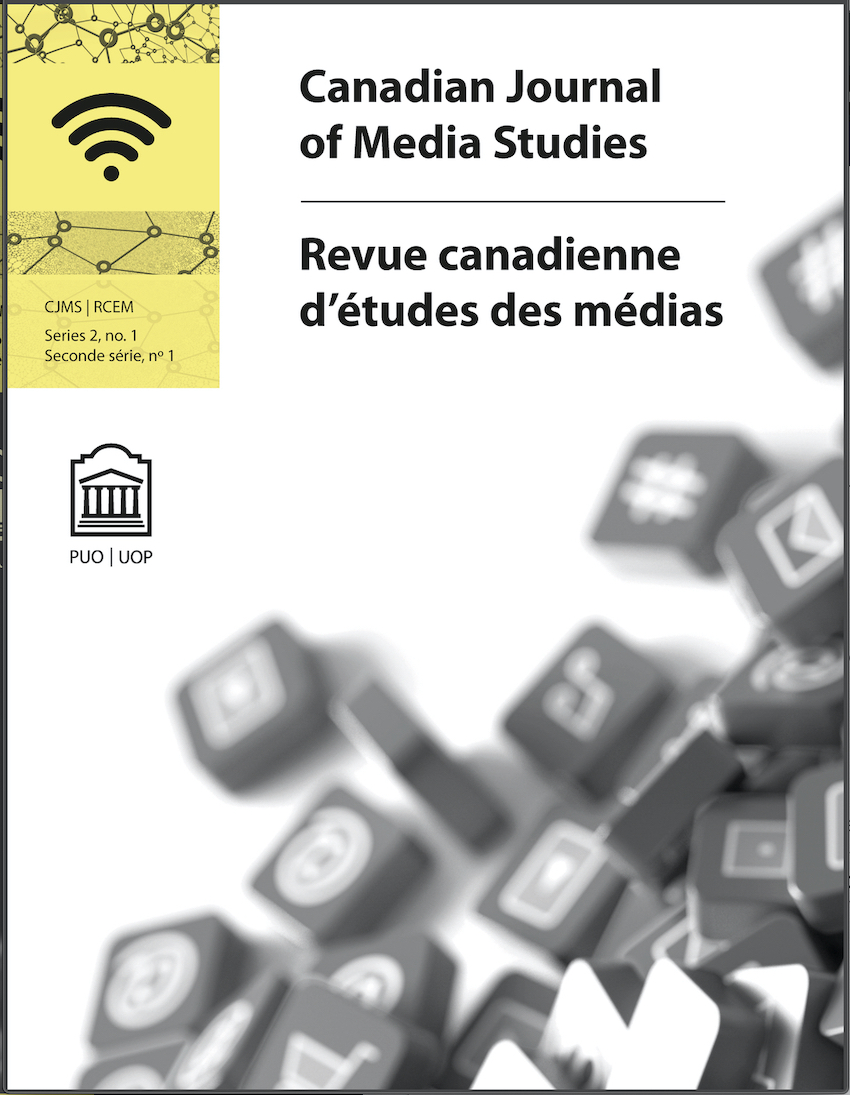Solutions Journalism: Strategies for Effecting and Managing Change
Contenu principal de l'article
Résumé
The field of journalism is undergoing epic changes at this time. With the growing impact of social media and citizen journalism, among other trends, traditional schools of journalism face a need to re-examine their most fundamental premises. Historically journalists adopted a code of practice whereby the ideal news article focused on issues and problems of consequence to society, and reporters presented both sides of the case. The gold standard was balanced reporting that investigated and uncovered abuses in society, with the mantra being “if it bleeds, it leads.”. There was no added incentive or requirement to take responsibility for solving the problems they uncovered. While print media organizations faced a backlash of criticism following the era of “yellow journalism,” they did not confront the necessity to reorient the entire profession; rather they simply had to “clean up their act” and operationalize what they already knew and believed. Today, the situation is dramatically different—largely as a consequence of the rise of citizen journalism, the impact of social media, and the trend toward an introspective look at their profession by journalists themselves and by those who train the journalists. In this article, we look at the emerging focus on a phenomenon called solutions journalism. Solutions journalism differs in both form and intent from not only the traditional standard of reporting, which focuses on problems, but also “good news reporting,” which tends to be superficial and non-solution oriented. In an effort to understand the current push for a new direction in the journalism profession, we will look at the rise of the new paradigm, pioneers in solutions journalism, characteristics of solutions journalism, and the theoretical foundations of solutions journalism. In exploring the latter point, we will examine the relationships among solutions journalism, social media, open source, systems, and open innovation theories.
Renseignements sur l'article
Les articles publiés sont distribués sous les termes de la licence internationale Creative Commons Attribution 4.0, qui en permet l'utilisation, la distribution, l'adaptation et la reproduction sans restriction sur tout support, à condition que l'œuvre originale soit correctement citée. L'auteur.e conserve les droits d'auteur de son travail. En soumettant le travail à cette revue, l'auteur.e accepte d'accorder à la revue un droit non exclusif de publier la soumission.
